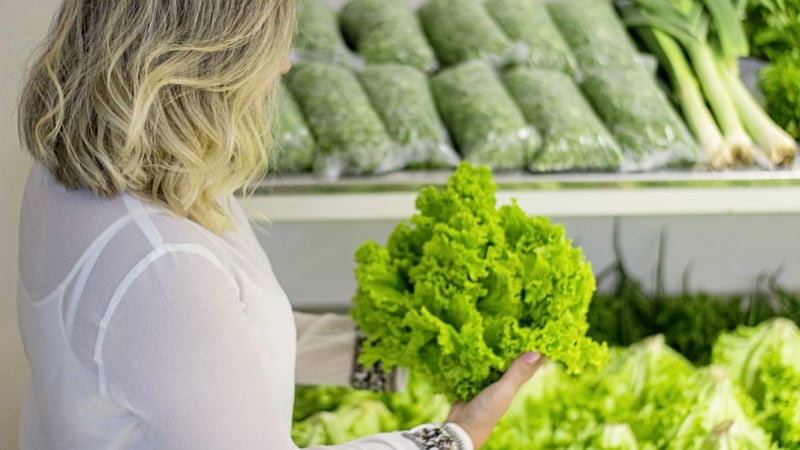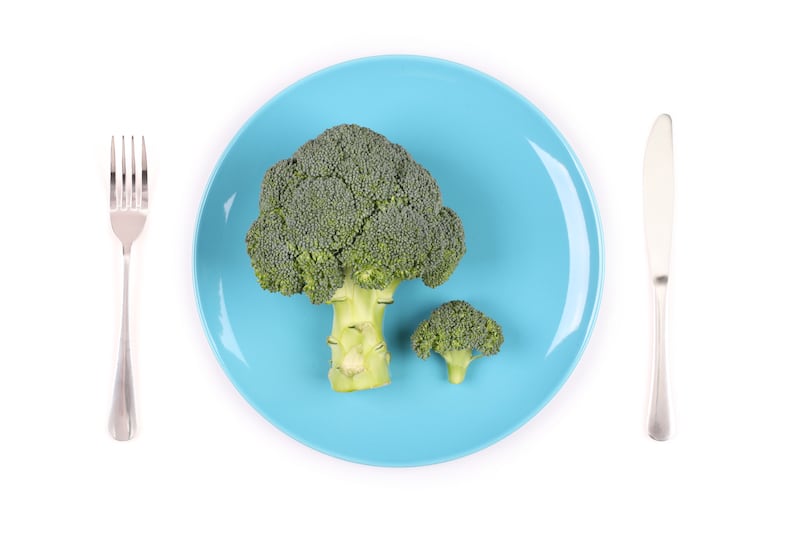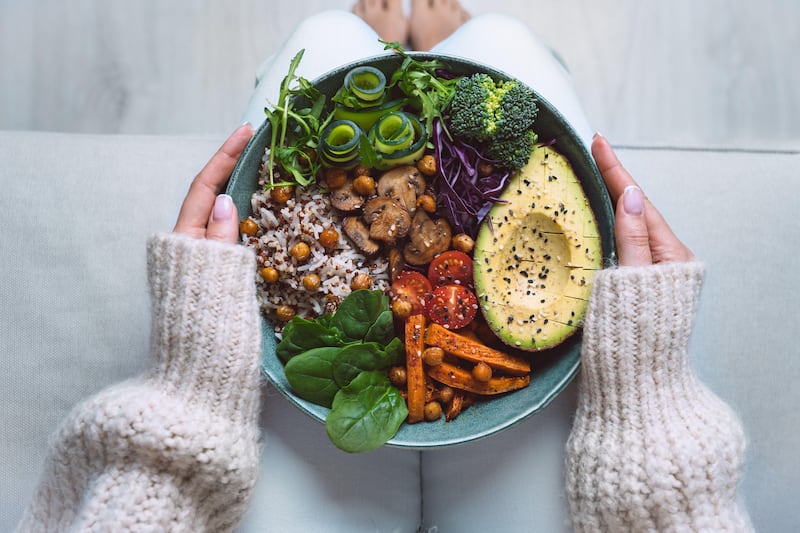YOU can’t have missed the recent paper published by The Lancet that looks at the impact of the food we eat on the health of our planet. With the snappy title ‘Food in the Anthropocene: the EAT-Lancet Commission on healthy diet from sustainable food systems’, this paper suggests changes in food production and the dietary choices we make with a view to avoiding "catastrophic damage to the planet".
Most of us are so far removed from where our food is produced, we give little thought to how this impacts our environment. If we were to follow the recommendations from The Lancet report, most of us would have to cut our meat intake by 50 per cent and double our intake of nuts, vegetables, fruit and legumes.
As you shop for your steak and chips, or Sunday roast this weekend, will you stop to consider how your meat was produced and whether the foods you have on your shopping list are contributing to deforestation, global warming and climate change? Do you shop at your local farm shop, greengrocer and butcher?
Although some of the recommendations made in The Lancet report are a little controversial, there are some common-sense things we can all do to take a little bit more care about the choices we make for the health of our environment.
What can you do?
Here are some of the recommendations from The Lancet paper:
Choose health, sustainability and deliciousness: Sourcing, buying, cooking and eating healthier and more sustainably produced food is better for our bodies and for the planet.
Prepare to increase, diversify and reduce: We should eat more fruits, vegetables, nuts, legumes and whole grains, and it is also important to eat a variety to ensure that we get all the nutrients we need while also supporting biodiversity in the food system. Many in wealthier countries should also eat less red meat and dairy.
Dive into the breadth of options: There is something for everyone across price ranges, cultures, age groups and individual preferences. With more than 30,000 known edible plants, we have a lifetime’s worth of interesting options to taste and explore.
Embrace plants as a source of protein: Many plants are both healthy and sustainable sources of dietary protein. Aim to consume at least 125 grams of beans, lentils, peas and other nuts or legumes per day.
Go easy on meat consumption: While meat is an important source of key nutrients including protein, iron and vitamin B12, excess meat consumption can harm our health and the planet. The report recommends that we eat no more than 98 grams of red meat (pork, beef or lamb), 203 grams of poultry and 196 grams of fish per week.
Approach food in moderation: Consuming too much food can lead to weight gain and other health problems and it is also a challenge for the environment.
Support regenerative farming practices: As livestock is central to sustainable farming, sourcing meat from farmers who practice regenerative agriculture can support the fight against climate change. This type of farming contributes to carbon storage in the soil, keeps water away from pollutants, and provides room for local biodiversity to flourish.
Vote with every plate: Consider making food choices that provide additional benefits for human health and the environment – for example, by supporting environmentally sustainable and socially responsible farming.
Plan the week ahead: Plan menus for the coming week to ensure a diversity of delicious dishes and shop according to plan. This will also save time and money and help reduce waste.
Bring biodiversity to the table: Bold conservation targets require collaboration between farmers and farming communities to maintain habitats on or around farms and to preserve ecosystems. Purchase foods from farmers and retailers who support biodiversity.
Cook more at home: Cooking and preparing food at home provides great opportunities for shared family time.
Waste not, want not: Packing leftovers into lunch boxes, using them in new recipes or keeping them for future consumption is good for the planet and your budget.
:: You can view the complete report at eatforum.org








